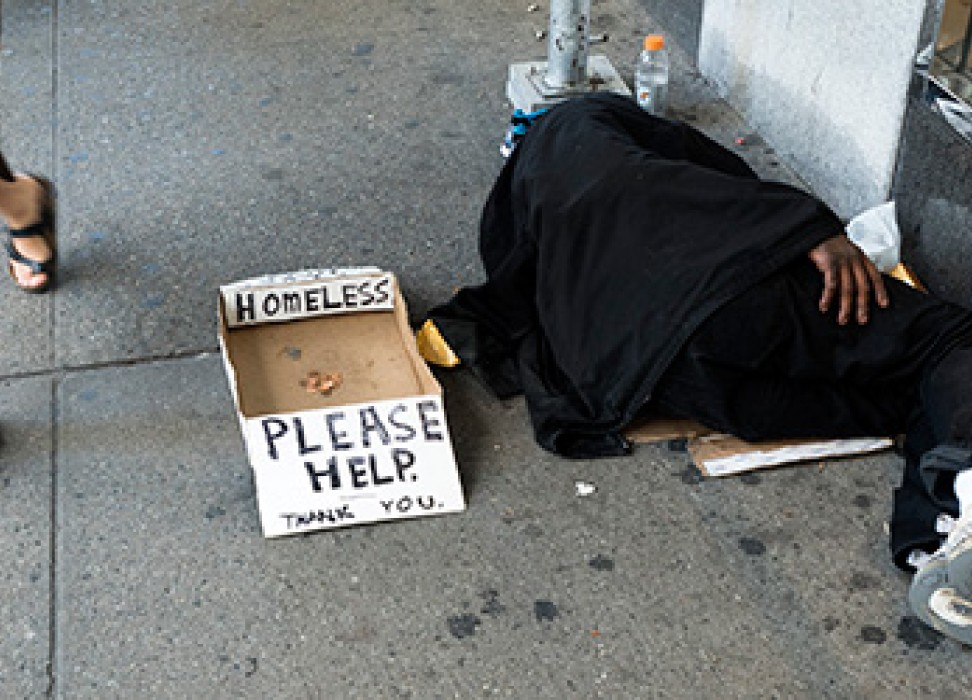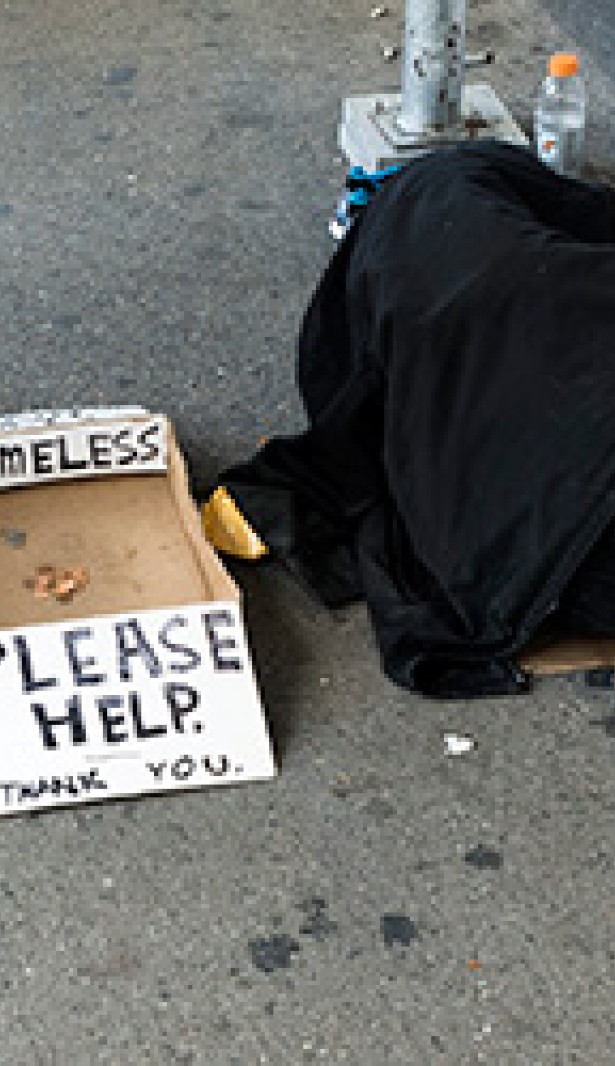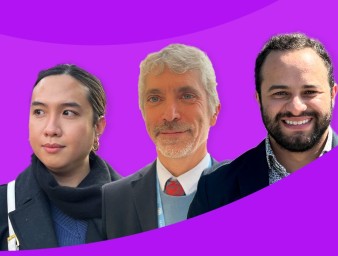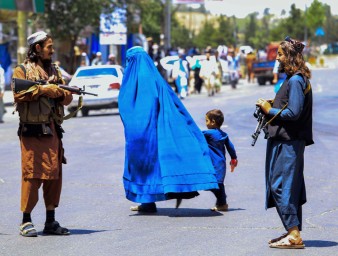Homelessness: surviving at the peripheries
21 March 2016

“Homelessness is not just one of the most extreme forms of physical deprivation. It also defines a group that is subject to extreme forms of discrimination, stigma and violence,” said Leilani Farha, UN expert on the right to adequate housing. “For homeless people it’s double jeopardy: laws and policies create homelessness and then penalize homeless people for being homeless.”
Farha was presenting her latest report to the Human Rights Council this month. The document offers a three-dimensional approach to understanding homelessness from a human rights perspective. Farha explains that being homeless does not only mean not having a roof above one’s head, or temporarily living with friends and family or in a shelter; it also implies being part of a group that is excluded from society, and barred from accessing and enjoying their rights to housing, health and even, in some cases, life.
Farha points out that homeless people have proven resilient in their struggle for survival and dignity, and that they can become agents of their own change as rights holders.
“Homelessness is too often viewed as a social policy issue alone rather than as a human rights violation which can and must be remedied with human rights responses,” she said. “The starting point of any human rights-based approach should be to focus on the individual lives and struggles for dignity that must be addressed.”
The UN expert explained that government policies that are inconsistent with human rights were the structural causes of homelessness. To respond strategically to homelessness, Governments should eliminate the practice of forced evictions; and ensure that legal remedies are afforded to people who have become homeless because their rights were violated.
Governments should also combat inequality: by ensuring social protection for vulnerable populations; regulating rapid speculative urbanization which reduces the availability of affordable housing; and placing a special focus on women, people with disabilities, migrants and refugees, who are forced into homelessness because of factors such as domestic violence, unequal access to property and land, and unregulated private actors.
Farha called for a global campaign to eliminate homelessness by the deadline of the 2030 Agenda for Sustainable Development which commits to ensuring access to adequate housing for all.
“Homeless people have told me, often through tears, that more than any material security, what they yearn for is to be “seen”, to be recognized and treated by society as human beings with inherent dignity and respect.”
21 March 2016




